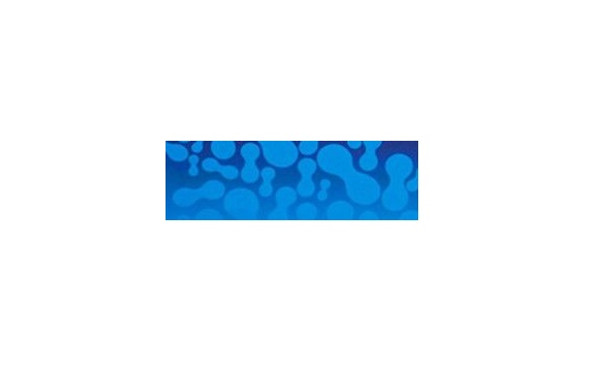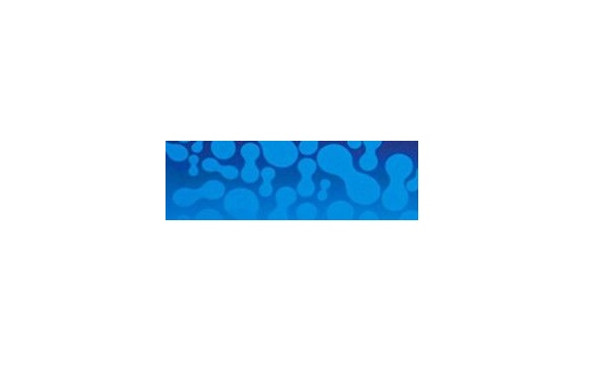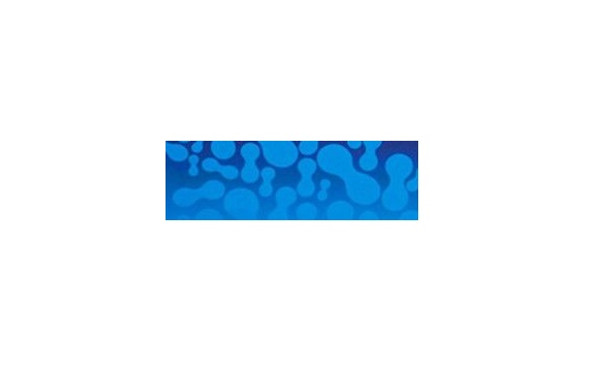Description
Recombinant Human IL1RL1/ST2 Protein (Fc Tag)(Active) | PKSH031875 | Gentaur US, UK & Europe Disrtribition
Synonyms: DER4;FIT-1;IL1RL1;IL33R;IL‑1 R4;ST2;ST2L;ST2V;T1
Active Protein: Active protein
Activity: A DNA sequence encoding the human IL1RL1 isoform 2 (NP_003847.2) (Met 1-Phe 328) was fused with the Fc region of human IgG1 at the C-terminus.
Protein Construction: A DNA sequence encoding the human IL1RL1 isoform 2 (NP_003847.2) (Met 1-Phe 328) was fused with the Fc region of human IgG1 at the C-terminus.
Fusion Tag: C-Fc
Species: Human
Expressed Host: HEK293 Cells
Shipping: This product is provided as lyophilized powder which is shipped with ice packs.
Purity: > 95 % as determined by reducing SDS-PAGE.
Endotoxin: < 1.0 EU per µg as determined by the LAL method.
Stability and Storage: Generally, lyophilized proteins are stable for up to 12 months when stored at -20 to -80℃. Reconstituted protein solution can be stored at 4-8℃ for 2-7 days. Aliquots of reconstituted samples are stable at < -20℃ for 3 months.
Molecular Mass: 67.1 kDa
Formulation: Lyophilized from sterile PBS, pH 7.4
Reconstitution: Please refer to the printed manual for detailed information.
Background: IL-1 receptor–like 1 (IL1RL1) is a membrane receptor involved in TH2 inflammatory responses and eosinophilia. It has previously been described that levels of the interlukin-1 like 1 (IL1RL1) protein can be used to diagnose cardiovascular disease and determine the prognosis for a patient with cardiovascular disease. The ligand for IL1RL1 has been described, and named IL-33. Mutants in IL1RL1 have been associated with blood eosinophil counts in a genome-wide association study and with asthma in family-based and case-control studies. As an important mediator involved in many immune and inflammatory responses, this cytokine has been implicated as a regulator of both the development and effector phases of type 2 helper T cell responses, and as a negative feedback modulator of macrophage pro-inflammatory function. IL33 is a specific ligand of ST2L and induces production of Th2 cytokines.
Research Area: Cardiovascular, immunology






